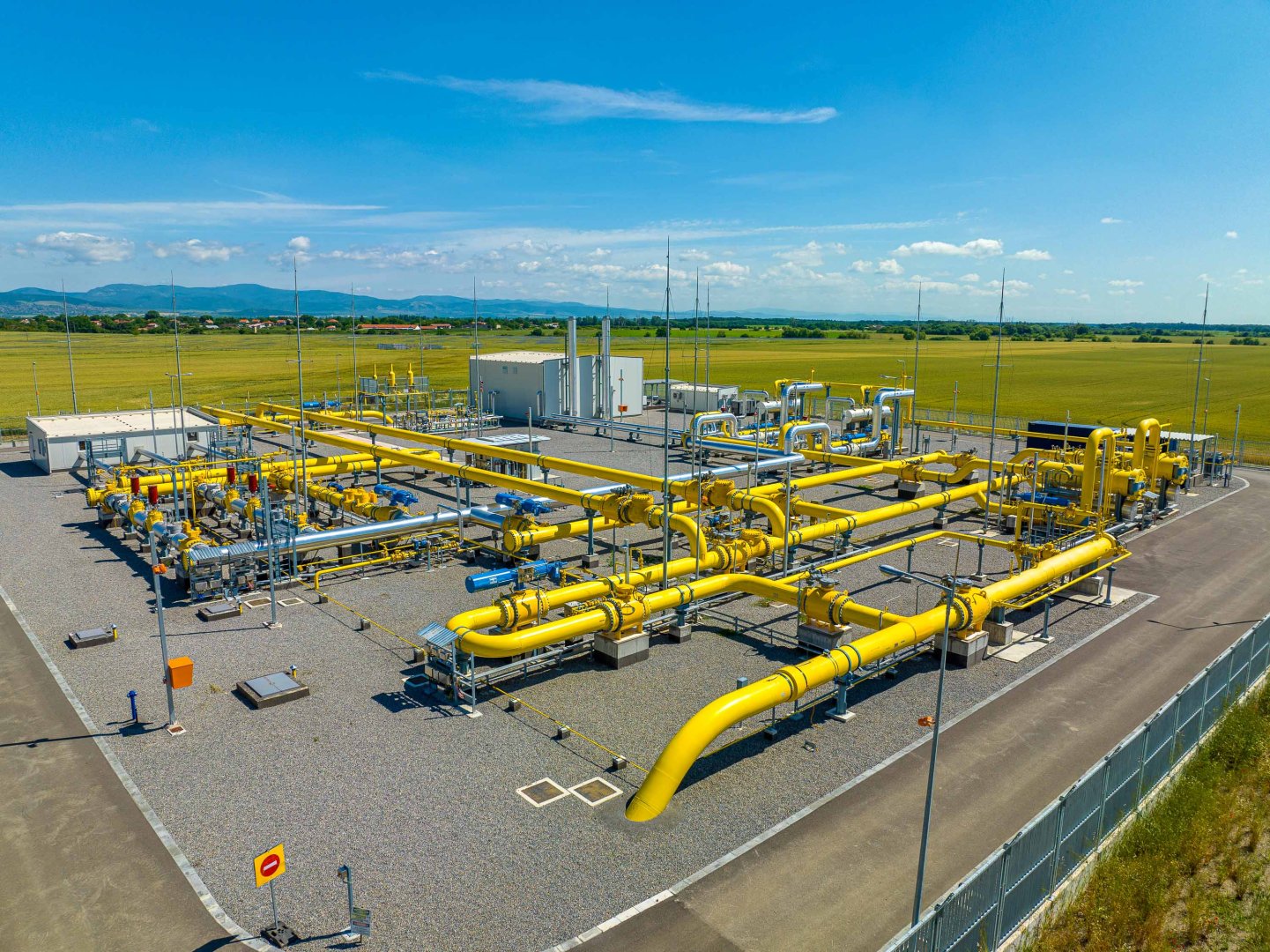BAKU, Azerbaijan, December 8. As a transmission system operator, ICGB, operator of the Interconnector Greece-Bulgaria (IGB), is directly or indirectly interlinked with the adjacent gas infrastructures - other transmission and distribution operators, regasification terminals and storage facilities, Teodora Georgieva, ICGB Executive Officer, said in an exclusive interview with Trend.
"In a general sense we represent one system and all initiatives including such related to carbon reduction and sustainable energy are by default subject to the mutual actions of these different entities. A great example for this is the recently signed Memorandum of understanding on a joint approach and action plan to harmonize gas quality requirements at interconnection points in the Central and South-Eastern European Energy Connectivity (CESEC) region. The Vertical Gas Corridor – an initiative binding the TSOs of 7 countries, is also of great significance for the development of the energy landscape. By working together on infrastructure upgrades and aligning regulatory frameworks, we can create an integrated and competitive regional energy market. This cooperation can accelerate the energy transition by enabling faster deployment of renewable energy technologies as well," she said.
Georgieva noted that ICGB sees carbon reduction and sustainable energy through the emergence of the envisaged hydrogen/low-carbon market.
"This is unlikely to happen under conventional market developments or at least it will take a far longer time. It is important to be mindful of the role TSOs have in this aspect - we service and support the main commodity trade – regardless of whether it is natural gas, hydrogen or low-carbon gases. There needs to be established demand for TSOs to provide service, hence we need the hydrogen/low-carbon market to emerge in order to move forward with strategic investments allowing TSOs to service it," said the executive officer.
In the meantime, as Georgieva said, the primary focus remains on developing and managing natural gas transportation activities to ensure safe and reliable access to deliveries from diversified sources.
"The IGB pipeline is crucial in this role when we talk about Bulgaria and the wider region. With Europe’s commitment to limit the use of Russian natural gas, IGB’s infrastructure can help securing deliveries for key markets like Moldova and Ukraine. In the long run, depending on the market’s development, the possibility of developing hydrogen transmission infrastructure to support the secure and efficient transport of energy resources may also be viable," she said.
Georgieva noted that given the regional production capacity and production methods, the ICGB does not anticipate significant biomethane volumes utilizing our network.
"The current regulatory environment does not support gas blending in the specific context of ICGB, which is structured around long-term agreements dedicated to natural gas transmission, a core element of our business model. ICGB’s services are aligned with a different market segment from the commodity sector. Thus, integrating green gases such as biomethane, hydrogen, and blends into our network would require the development of a dedicated market for these resources. We actively monitor industry trends to determine whether such tendencies will emerge in the future, and this will help us implement potential business changes to deliver new services," the executive officer explained.
Talking about managing potential methane emissions, Georgieva noted that the Greece-Bulgaria interconnector is equipped with the Simone system, which monitors in real time for any leaks along the entire route allowing ICGB teams to respond in an instant should something happen.
"Separately, each gas metering station and valve unit have a system for detecting possible gas leaks. Due to IGB’s role as a strategic site subject to national security regulations, we cannot go into more detail," she said.
Follow the author on X: @Lyaman_Zeyn







